Thousands of sites across Perth and Kinross will be left to “grow wild” over the next three years.
Perth and Kinross Council is extending its grassland management trials in a bid to improve biodiversity.
Bosses say these areas of longer grass will create space for nature and help attract bees, butterflies and other insect pollinators.
And communities will be encouraged to work with the council to manage their own sites.
The Grow Wild for Perth and Kinross scheme follows initial trials at 42 locations.
The long grass approach could eventually stretch to 1,700 of the 1,900 sites currently managed by the council.
But for the first phase, council bosses will focus on communities served by its Friarton depot.
Target areas will include Invergowrie, Bridge of Earn, Glenfarg, Almondbank, Stanley and Perth.
Grow wild approach will differ across Perth and Kinross
Under the plans, grass will be left to grow on steeper banks, around the margins of sites and under groups of trees.
The Grow Wild for Perth and Kinross approach will include more “no mow” areas.
In other places, grass will be cut at a higher height and less frequently to encourage wildflowers to grow.
Paths will be mown through these areas and around the edges so people can still access them.
And grass will still be cut on land such as sports pitches, formal and informal play areas and events spaces.
As part of the trial, the use of chemicals to mark out sports pitches will be stopped.
Instead sports clubs and schools will be asked to re-line their pitches using marker dowels.
Chemical use will also be reduced around trees and signs.
Community co-operation vital to scheme’s success
Communities will be encouraged to get involved by managing greenspaces in different ways.
This could include cutting and lifting grass, or identifying potential food growing spaces or areas where they can create “nature corridors”.
Native trees and pollinators are being grown at Westbank Nursery for planting in these areas.
The Grow Wild plans were presented to the Perth and Kinross Council’s climate change and sustainability committee on Wednesday.
Councillors were told more than 100 local volunteers groups are already on board.
Members said it was vital that local communities are kept at the heart of the process.
And officers were reminded of the concerns raised by residents at Carsie, near Blairgowrie, following a grass management trial last year.
Seventy six people sent a petition to the council, saying the long grass encouraged dog-fouling and fly-tipping.
Councillor Richard Watters, convenor of the committee said: “As a council we committed to address the climate and biodiversity crisis in 2019.
“Previous trials have already shown that reducing grass cutting can help reduce carbon emissions and create more interesting, varied open spaces and lower maintenance costs.
“Critically, longer grass also increases biodiversity by creating habitats for birds, insects and small mammals that do not exist in regularly cut grass.”
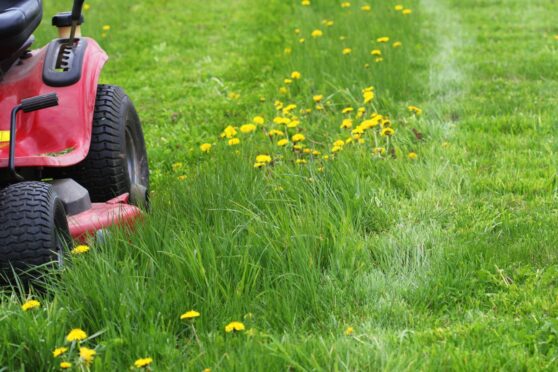
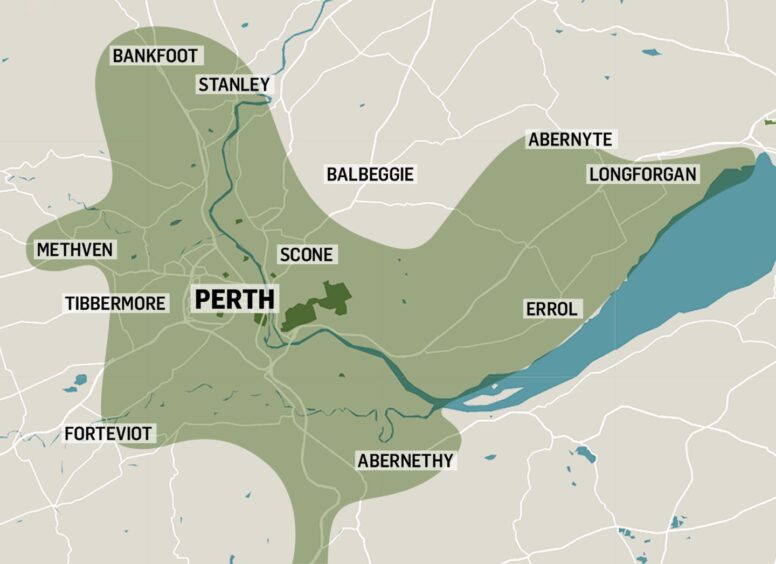
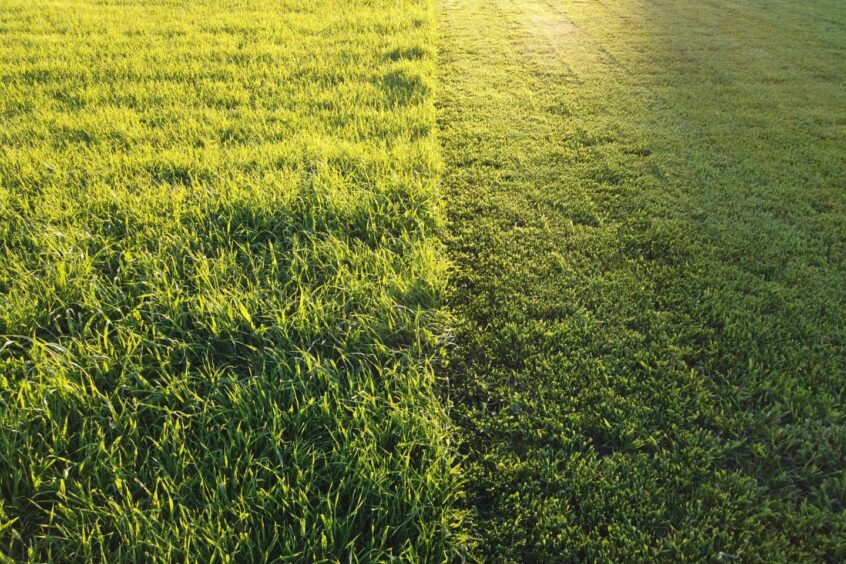
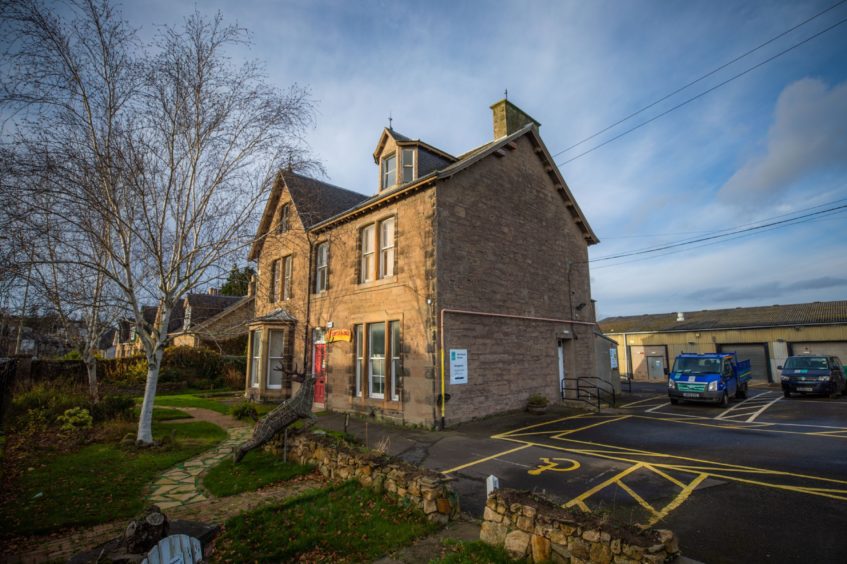
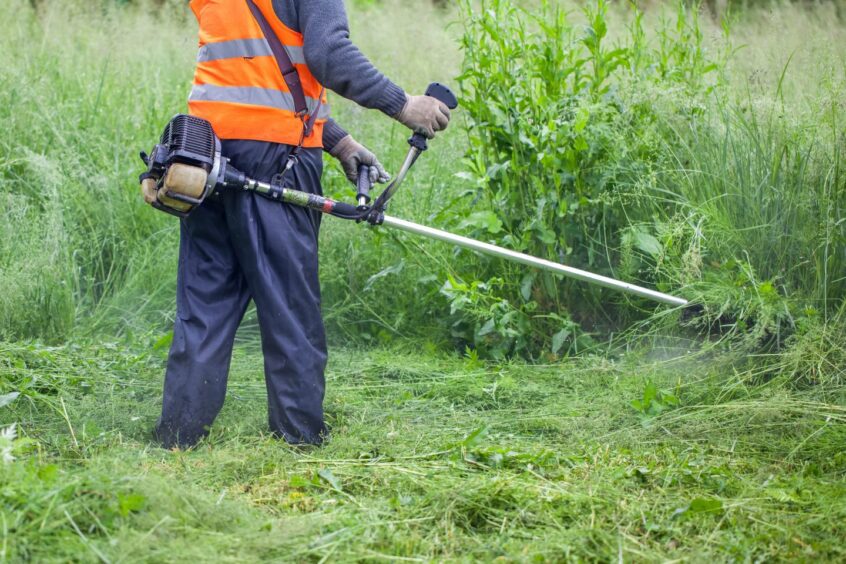
Conversation